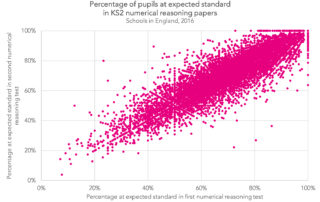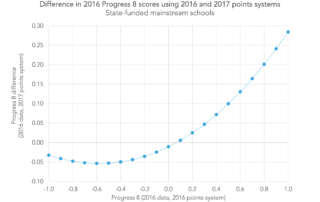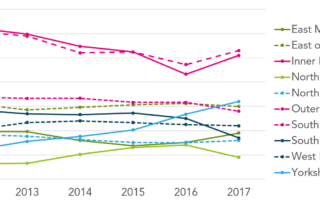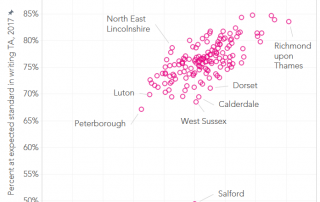KS2 performance tables 2017: Three things from this morning’s data
Today’s Key Stage 2 Statistical First Release provides further information on the 2017 Key Stage 2 results which we first wrote about here. This includes school-level data, plus data on the performance of different groups of pupils. There are some interesting differences in progress scores between ethnic groups There is much greater variation in the [...]











